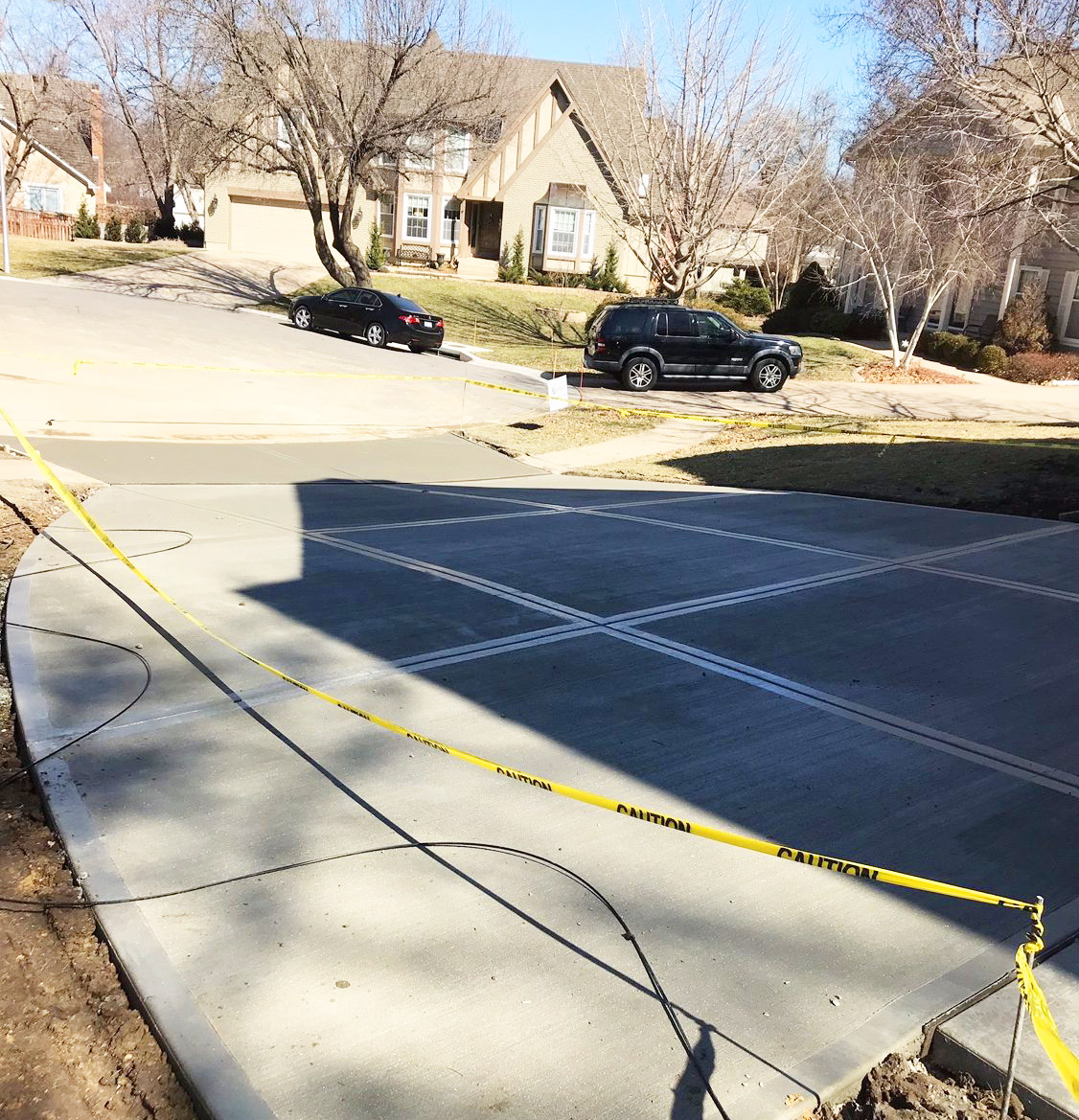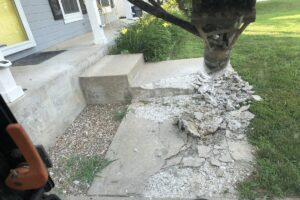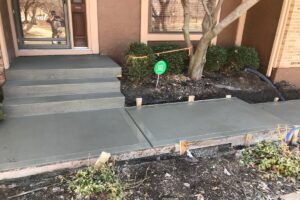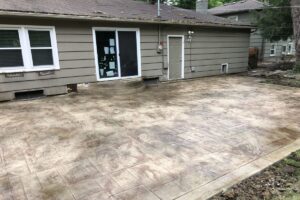If you are considering having some work done, there are a few things you should know about winter weather and your concrete. You may think it’s getting too cold to have concrete poured, but you actually have a decent window of opportunity.
While your contractor and team may not wish to pour concrete in the winter, it can be done. If you have an emergency situation with your basement or foundation, then it must be done.
Winter Weather and Your Concrete Investment
Whether by schedule or by need, people still need to have concrete poured during the winter months. The work can almost always be done, but there are considerations.
Time and Temperature
One consideration for winter weather and your concrete is that it will take more time. Once the temperature dips below freezing, the crew needs to take more precautions.
The prep time will take longer, in particular, if the ground needs to be broken and it is frozen. The ground needs to be thawed and can be time-consuming and expensive.
The concrete will also take longer to set and cure. If this work is going on during a cold snap, it may be weeks. Concrete can freeze, but it never should. So, if your concrete is being installed during the cold, it needs to be kept warm.
Heating Up
Winter weather and your concrete need warmth. The ground where the concrete is being poured needs to be warmed up, the concrete itself needs to be warm, and the tools and equipment do, as well.
Any sharp change in the temperature of the air or any of the tools and equipment can change and alter the structure of the concrete and it may stop it from curing at all.
Even placing slabs of concrete on the frozen ground can be problematic in the spring. The ground will thaw, causing shifting ground below and the slabs can crack and even break.
More Costly
There will be a need for extra power when it comes to winter weather and your concrete. The sun will be rising later and setting sooner, which may mean the need for extra lights on the site.
The constant need for small space heaters will also be needed to keep the concrete and all the tools warm enough to complete the job correctly. Even the concrete itself may be more expensive as it can require a different blend.
When it comes to sealing the concrete it needs a special sealer that will work in the cold weather. The sealing and indeed, the entire project may not be able to be completed in severe weather conditions.
Winter Weather and Your Concrete Investment
There will be big problems if newly poured concrete freezes. Ice crystals form inside, there will be problems with the surface scaling, pop-outs, cracking, and the concrete will only be half as strong as it needs to be.
In the colder weather, it can take weeks, if not months for the concrete to completely dry. That’s if the weather cooperates. If there are periods of thawing and freezing, the concrete needs a constant babysitter.
So the project can be done, but if it’s not an emergency, it’s best to wait until the conditions are more agreeable for the crew, the equipment, and the concrete. Once the concrete freezes, the damage is done.
For more information, or to book a consultation, please call us here at Johnson Concrete. If you have an emergency situation, rest assured, we can do the job for you.




